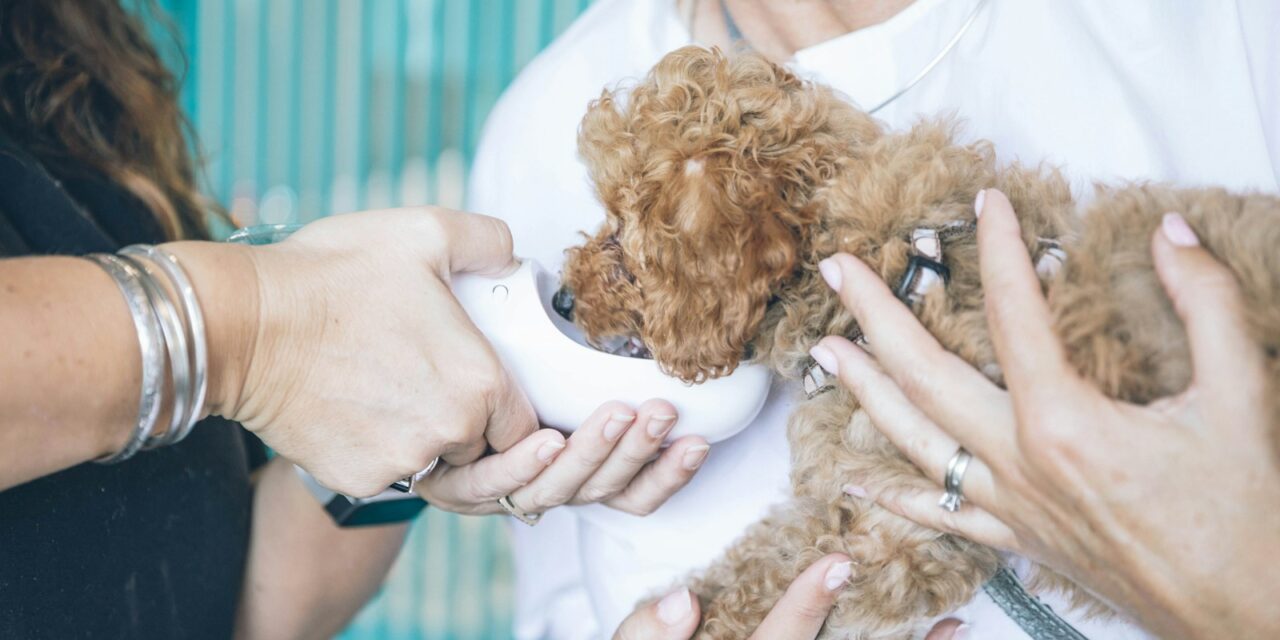UK pet owners could face fines of up to £500 for failing to microchip their pets, following a recent extension of the legal requirement to include cats.
Despite this, nearly one in five (17%) pet owners admit they will not microchip their animals, according to a survey by Frontline, the UK’s leading flea and tick treatment provider.
The survey, conducted among 2,000 cat and dog owners, highlights concerning trends in pet care. It reveals that 24% of cats have not visited a vet in the past year, and around 9% of pets are not up to date with their vaccinations, exposing them to serious health risks.
Microchipping Non-Compliance Among Younger Pet Owners
Younger generations appear less compliant with the microchipping mandate. Among 18-24-year-olds, 26% report they do not microchip their pets, compared to just 8% of pet owners aged 55-64. Interestingly, the survey finds minimal difference in microchipping rates between cats (82%) and dogs (85%).
Failure to microchip not only risks penalties but also endangers pets if they are lost or stolen. Despite these risks, 86% of pet owners believe they follow recommended veterinary advice, a perception at odds with the data on vaccination and health check practices.
The survey reveals a significant number of cats – equivalent to 2.7 million based on national estimates – have not seen a vet in the last year. This lack of regular veterinary care raises concerns about undiagnosed health issues. Additionally, nearly one in ten pets are not current with vaccinations, further increasing health risks as winter approaches.
Despite the risks, 42% of pet owners would delay contacting a vet if their pet appears unwell, and 16% would search for symptoms online instead of seeking professional advice. This reluctance could be linked to financial concerns, as 28% of pet owners lack insurance coverage, which may deter them from seeking timely veterinary care.
Nutritional and Exercise Gaps
The survey also sheds light on gaps in pet nutrition and exercise. Over half (57%) of pet owners believe they could provide a more nutritious diet, and the same percentage feel they could offer more exercise and enrichment for their pets. This indicates a broad awareness of potential shortcomings in pet care, though translating this awareness into action remains a challenge.
Maintaining parasite protection appears to be a priority, with 61% of owners administering worming treatments every one to three months and 39% using flea or tick treatments monthly, aligning with product recommendations.
Pet ownership comes with emotional and financial responsibilities. More than half (54%) of owners worry about making the best decisions for their pets, and 56% find pet care product labels confusing. Despite these concerns, the bond between pets and their owners is strong. On average, pet owners spend nearly eight hours a day with their pets, with women spending two hours more per day than men.
The financial commitment is also notable, with 11% of pet owners spending over £125 per month on their pets. The highest spenders are aged 25-34, while the national average expenditure is £73 per month. Dog owners typically spend more than cat owners, reflecting the varied needs of different pets.
The survey highlights the integration of pets into the modern work environment. Since the pandemic, many workplaces have become pet-friendly, allowing over a third (37%) of pet owners to bring their pets to work or work from home.








